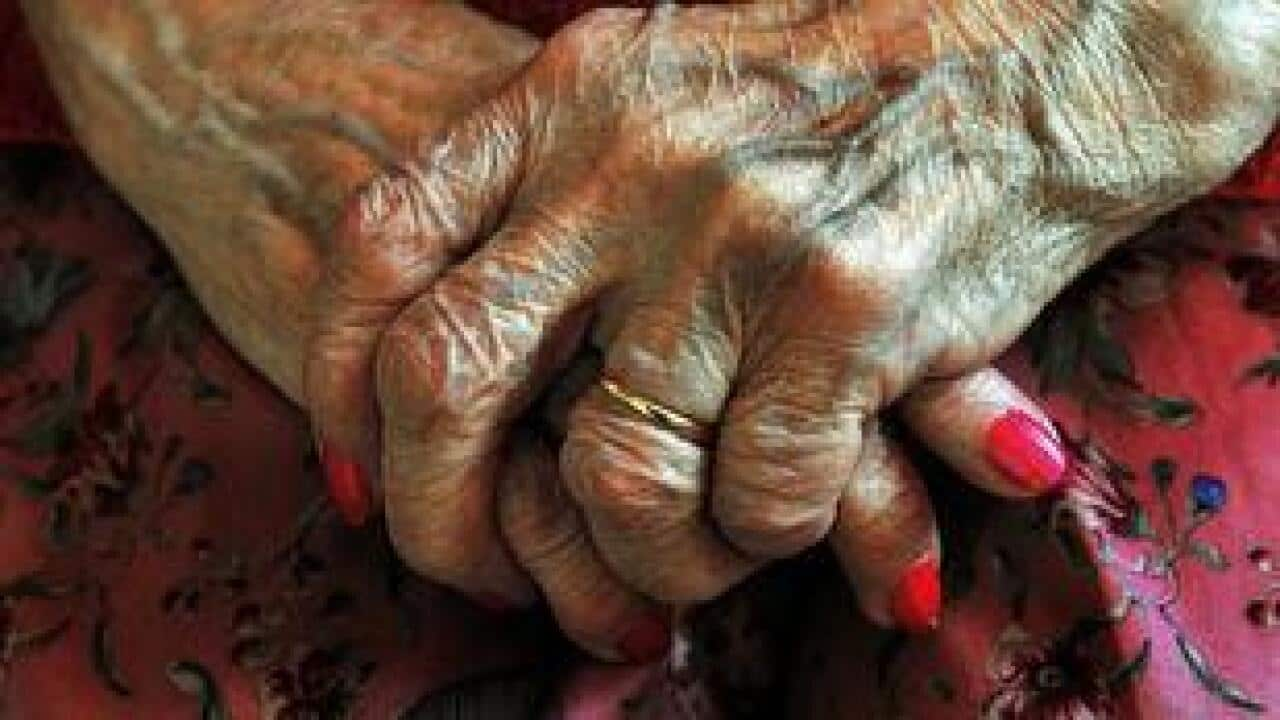But there are fears a push toward privatisation of the sector will see a reduction in specialised facilities. From next year, Commonwealth aged care funding will go straight to patients, rather than aged care providers.
As organisations fail to adapt to the new consumer directed care model, it's predicted 85% of aged care, disability and mental health care will be privatised over the next five years.
Better Boards Australia spokesman Michael Goldsworthy said the standard of care suffers when larger for-profit providers take over. “In the past where there were plenty of nurses in each facility and today, particularly around private companies and public companies, you're starting to see a significant move where there'll be one nurse over 6-or-8 facilities,” Mr Goldsworthy said. Not-for-Profit aged-aged care providers would be forced to compete with new entrants in the aged care marketplace who bring significant capital. This has put the future of specialty aged-care, catering for minority communities, at risk. Darren Leech is the chief executive of Kayna Care in Melbourne’s outer west.
Kayna Care is a facility which provides aged care for 16-cultural groups, predominantly Ukrainian and Eastern European residents.
Mr Leech said with greater competition from private providers, and decreased funding for Not-for-Profits, providing these crucial services would be a challenge.
“I believe that to provide culturally appropriate care, and to be able to maintain those values, that we need to have the specific staffing, we need to have the specific resources to be able to maintain that,” Mr Leech said.
But Chief Executive of the Aged Care Guild, a body representing larger the private and public aged-care providers, Cameron O'Rielly insisted these fears are unfounded.
Mr O’Rielly said the industry's consumer driven model would see it evolve on a "needs" basis which will reflect cultural needs.
“The reality is the direction of policy is in giving consumers more choice and funding is being directed toward the consumer which means the consumer will determine the make-up of the industry in the future,” Mr O’Rielly said.
Kayna Care resident Zina Szwadiak is full of praise for the special cultural services available to her at the aged-care home. But Ms Szwadiak is confident if things change, while she'd miss her taste of the Ukraine, she would make do. “It won't kill me, I'm still here… I'm nearly 91,” Ms Szwadiak said.

